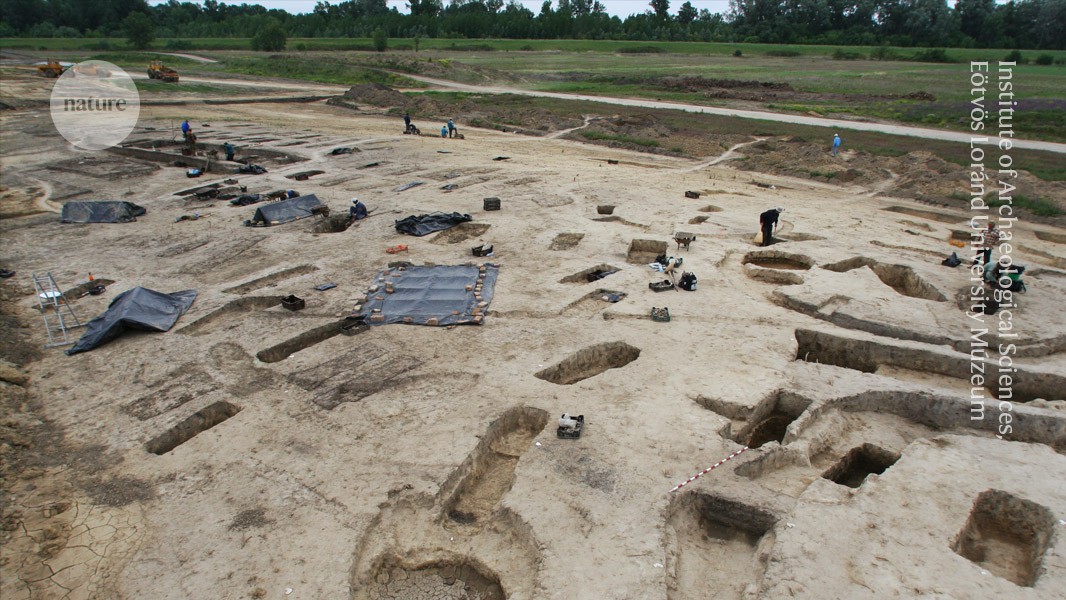
Addressing the human cost in a changing climate
Climate change is leading to systemic and existential impacts, and evidence is mounting that these can result in the displacement of human populations. There is a rapidly growing demand for comprehensive risk assessments that include displacement and its associated costs to inform humanitarian response and national planning and coordination. However, owing to complex causation, missing and incomplete data, and the political nature of the issue, the longer-term economic impacts of disaster- and climate-related displacement remain largely hidden. Current approaches are rarely ex ante and prospective and do not consider systemic risk management. Not surprisingly, response-based approaches have shown mixed results, repeatedly demanding substantial resources while not addressing the root causes of displacement.
Climate change is not only affecting the intensity, frequency, and duration of hazards that trigger displacement but is also eroding already fragile livelihoods and ecosystems, acting as an aggravator of existing vulnerability and contributing to chronic poverty and conflict in affected countries (1). Although disaster risk reduction as a cross-sectoral issue has gained considerable attention over the past two decades, disaster displacement risk is still not fully integrated in national policies and planning. Out of 46 countries included in the 2020 Internal Displacement Index, most acknowledge disaster displacement in principle and have climate policies or national adaptation plans in place. However, only 27 recognize the link between the gradual impacts of climate change and displacement (2).

























